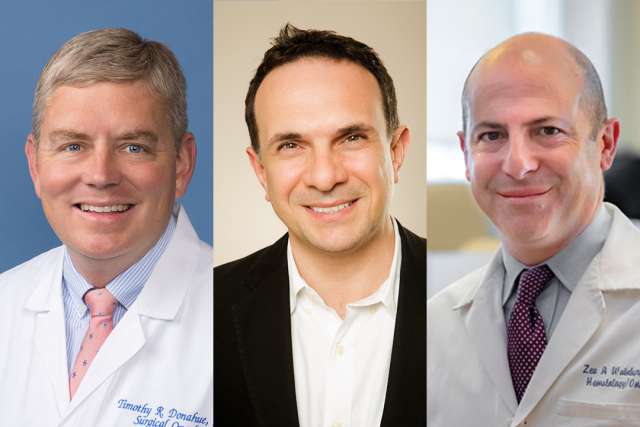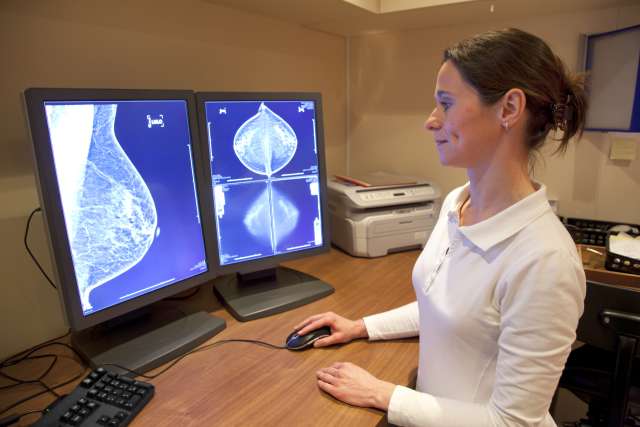Investigators from the were awarded a $4 million grant from the National Cancer Institute to help advance immune-based therapies to improve treatments and outcomes for people diagnosed with pancreatic ductal adenocarcinoma, one of the most aggressive and deadly forms of cancer.
, chief of surgical oncology and professor of surgery at the David Geffen School of Medicine at UCLA, , co-director of the UCLA Health GI Oncology Program, and , professor of molecular and medical pharmacology, are leading a team of experts in cancer cell biology, tumor immunology, clinical trials, bioinformatics, biostatistics, and mass spectrometry to provide a comprehensive understanding of adenosine, a molecule in the body, and how it suppresses the immune system in pancreatic cancer.
By understanding how adenosine affects the tumor environment and interactions between cancer and immune cells, the researchers hope to find new therapies that target adenosine to improve treatments and outcomes for people with pancreatic cancer, ultimately aiming to enhance health and reduce the burden of the disease.
The funding will also help support a follow-up phase 1/2 clinical trial that will examine a small molecule inhibitor with the existing combination of PD-1, an immunotherapy drug, and chemotherapy before surgery. The recent 1A/1B trial, which evaluated just the PD-1 and chemotherapy combination, showed , but the team found an increased adenosine signaling in post-treatment tumors that posed a significant challenge to sustained anti-tumor immunity.
“By introducing a small molecule inhibitor of to the existing chemotherapy and PD-1 inhibition regimen, we hope to limit adenosine production in the tumor microenvironment, thereby enhancing the immune response against the cancer,” said Donahue. “We are hopeful this strategy will help the body's natural defenses fight the cancer more effectively, leading to better treatments for people with pancreatic cancer.”






